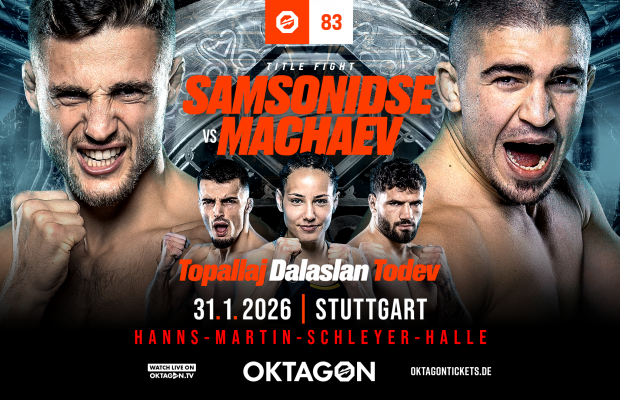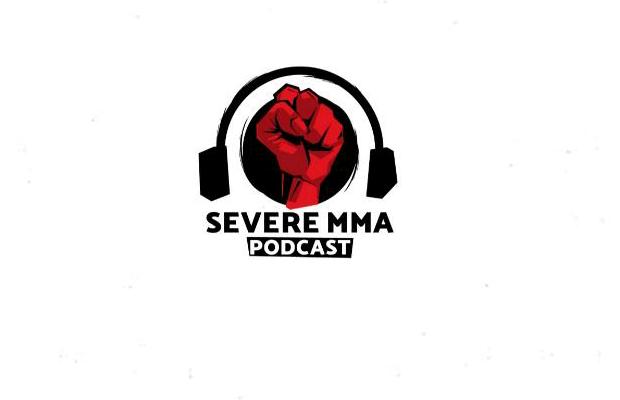Menu
- News
Top Videos
Video - Justin Burlinson Reacts to Winning Cage Warriors Welterweight Title at CW 188 in Dublin
Video: Rhys McKee vs. Daniel Frunza full fight replay
Video - The Severe Setup - UFC 305: Du Plessis vs Adesanya
Video - The Balance Breakdown: Tybura vs Spivac 2
Video - Conor McGregor talks UFC 303 Pullout, Press Conference, Rescheduling Chandler Fight & more
- Irish & UK
Irish MMA
Episode 514 - Severe MMA Podcast
Video - Graham Boylan Reacts to Cage Warriors 188, SBG Back in CW & Next Dublin Show
Video - Justin Burlinson Reacts to Winning Cage Warriors Welterweight Title at CW 188 in Dublin
Video - Interview with James Webb after Cage Warriors 188
Video - Interview with Max Lally after Cage Warriors 188
UK MMA
Cage Warriors 178 Preview; Riley headlines, Dara Ward returns
Oktagon 61 Preview; Tipsport Gamechanger Semi-Finals; Rony v Duque, Keita v Legierski, Askham v Muradov
Cage Warriors 177: Unplugged Preview; Adam Shelley returns
Cage Warriors 176 Preview; 170lb Prize Fighter Tournament; Hardwick vs Iorga
The Severe Spotlight: Tom Aspinall
- Media
Severe Shorts
Video - Ian Garry talks pneumonia, booing fans, Kill Cliff, Geoff Neal, representing Ireland
Video - Conor McGregor Talks UFC Return, Lightweight Title Picture & More
Video - Old The Notorious: Conor McGregor Documentary Pitch Trailer
Video - Exclusive Post-Fight Interview with Conor McGregor following Cage Warriors 51
Exclusive Video - Conor McGregor prepares for Ivan Buchinger at Cage Warriors 51
- Features
Foundations
Foundations: Ireland’s first MMA event took place in Moyross, Limerick in 1999
Foundations: The rise of Neil Seery in his own words
Foundations: Andy Ryan on the birth of Team Ryano, early MMA in Ireland, Judo, the Irish amateur scene and major milestones in the club's history
Foundations: Rodney Moore reflects on the early MMA scene in Northern Ireland and more
Foundations: Former champ Mick Leonard reflects on Irish MMA’s early days
Facing McGregor
Facing McGregor: Paddy Doherty relives his 4-second KO loss to McGregor
Facing McGregor: Gary Morris on meeting fellow debutant McGregor in 2008
Facing McGregor: Duffy relives putting the last blemish on McGregor's record
Facing McGregor: Conor Dillon discusses his first round TKO loss to the UFC featherweight in 2010
Facing McGregor: Mike Wood relives his 16 second KO loss to the Dubliner in 2011
- Events
- Store
- Staff









You must be logged in to post a comment Login